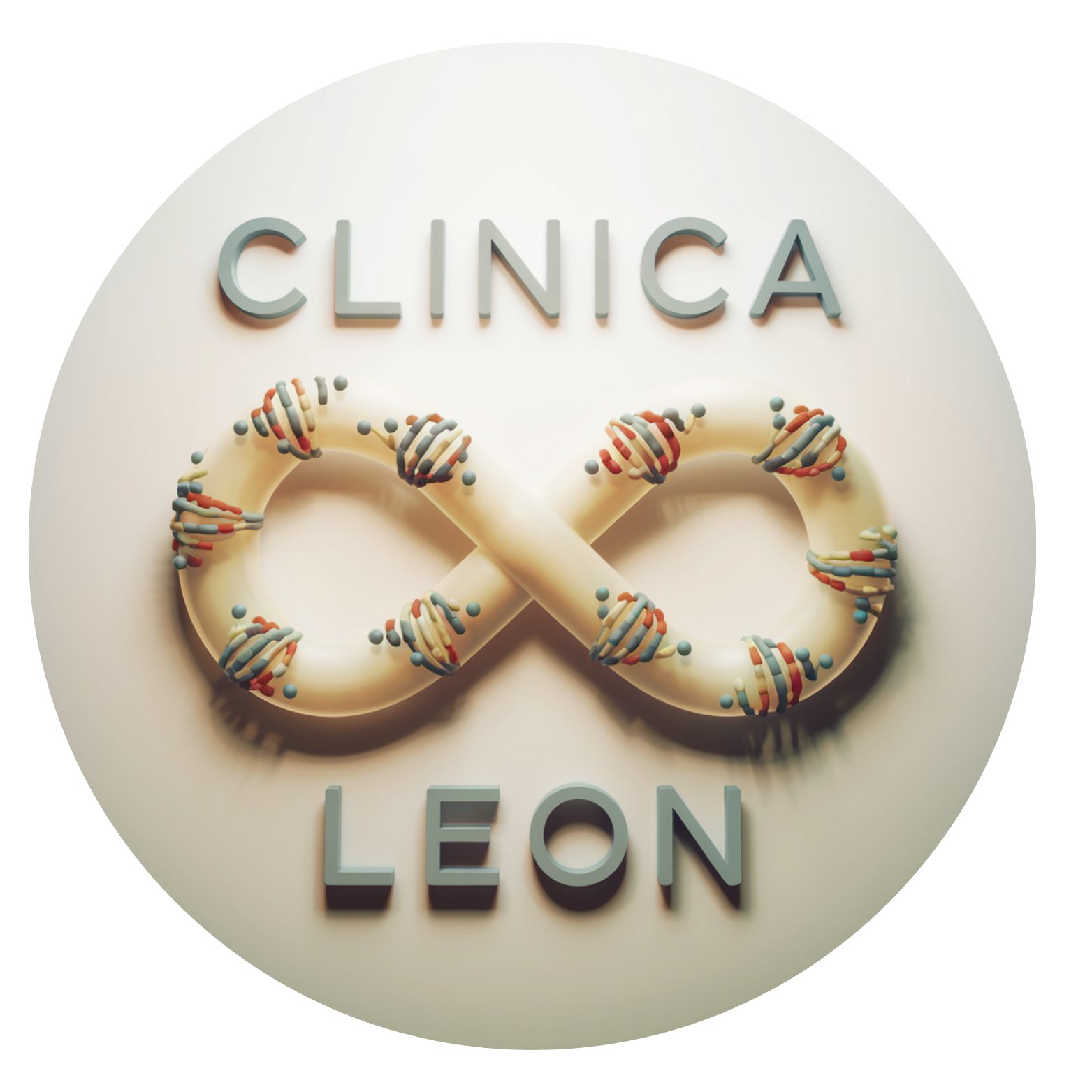Should You Keep an ASD Diagnostic a Secret From a High Functioning Child?
- Clinica León
- May 26, 2025
- 4 min read
Updated: Jun 25, 2025

This article has been taken from a book about the inclusion of children diagnosed with ASD in the mainstream educational system, written by Paula Bromiguer Michlin. We would like to shed light on several approaches related to the topic of sharing a child's diagnosis, both with their environment in general and, in particular, with the child themselves. This step is often taken after parents have processed their fears and emotions following the diagnosis and when there is greater acceptance of the reality on their part. Every child has the right to know that they are different, and the diagnosis often alleviates children's feelings. However, this process depends on the feelings and pace of each parent and family. In the family setting, the relationship between parents and the recognition of their child's diagnosis can be complex. Parents of children diagnosed with ASD often fear the social stigma associated with the diagnosis and may feel that their environment criticizes or judges them, as well as their children. These emotions can lead families to isolate themselves and avoid social encounters. According to reports from parents, the most difficult experiences related to stigma occur in public spaces. School, being considered a public environment where parents are not present, can generate anxiety and helplessness in the event of any unpleasant incident. This fear related to disclosing the diagnosis may lead some parents to keep it secret, both from other children and parents at school and, in some cases, from the child themselves. Before the child themselves becomes aware of their diagnosis, parents assume additional responsibilities as social and educational mediators and facilitators. They often feel that their child is not mature enough to understand their diagnosis and process it positively. The greatest fear is that the child will build an identity focused on disability and lack of belonging, rather than developing self-esteem and maturity. Dialogue with the teaching staff can lead to greater understanding and, in some cases, to revealing the diagnosis to the child, their classmates, and their families. This process must always be carried out with the full consent of the child's parents. It is essential to respect their process and give them the necessary time to assimilate and process these issues. Advantages of openly sharing the autism diagnosis with the child and their environment: Personal acceptance and building self-confidence - The opportunity to share the diagnosis in a social environment can promote acceptance by the community, teaching the child that talking about their diagnosis is possible. This deep knowledge of what it means to be autistic helps the child know themselves better and reduces the fear of rejection. It also helps society better understand the child and interpret their behaviour. Reduction of cognitive dissonance - When the child and their environment are unaware of the diagnosis, it can generate anxiety, insecurity, and uncertainty due to discrepancies between the child's behaviour and expectations. For example, a child talented in mathematics who struggles to write an answer in a language class, or a child with rigid thinking who insists on strictly following rules. Disclosure can provide answers to these questions, improving empathy and understanding among their peers and parents. Setting realistic goals and aspirations - Knowing the diagnosis can provide a sense of control, allowing appropriate attribution of successes and failures and taking responsibility for behaviour by both the child and their environment. Overcoming loss - Although learning about the diagnosis may initially generate a sense of loss, it is an essential step in redefining identity in a more adjusted and positive way, similar to the psychological acceptance process that parents go through after receiving the diagnosis. Social identity and comparison with peers - Understanding and accepting the diagnosis helps the child compare themselves healthily with their peers, understanding their place in the social and cognitive dynamics of their age group. In some cases, revealing the diagnosis can relieve the pressure of trying to "be normal" in a rigid and unrealistic way. Challenges of sharing the diagnosis: Every child, and even more so in the case of autism spectrum disorder, needs adults who believe in them. Before discussing the diagnosis, it is necessary to reach a level of acceptance, knowledge, and confidence. The diagnosis must serve to help the child move forward, not to limit them, convey that they are incapable, or compensate unnecessarily. Building defence mechanisms - Knowing the diagnosis can lead to responses such as denial, repression, or low self-esteem as ways to cope with the new reality. It is recommended to seek professional help to avoid these negative beliefs. Lack of preparation in the environment - It is crucial to ensure that the school community is prepared to handle the disclosure of the diagnosis and use appropriate language to explain it in each context. Conclusion Talking about the diagnosis can be a complex emotional process, filled with anxiety and concern for parents, the child, and the professionals involved. However, it is a crucial step in building a new personal, family, and community identity. When discussing the autism diagnosis, it is not about "labelling" the child, but about understanding their difficulties, abilities, behaviours, and emotions and, when the right time comes, putting a precise name and definition to their diagnosis and behaviour. The start of this process should be the decision of the parents and the child, although as professionals, we have the responsibility to highlight the importance of accepting and sharing the diagnosis and the complexity of keeping it secret long-term. This process requires collaboration between the school team and the family and should be accompanied by professionals specialized in ASD and emotional support (such as psychologists or emotional therapists).




Comments